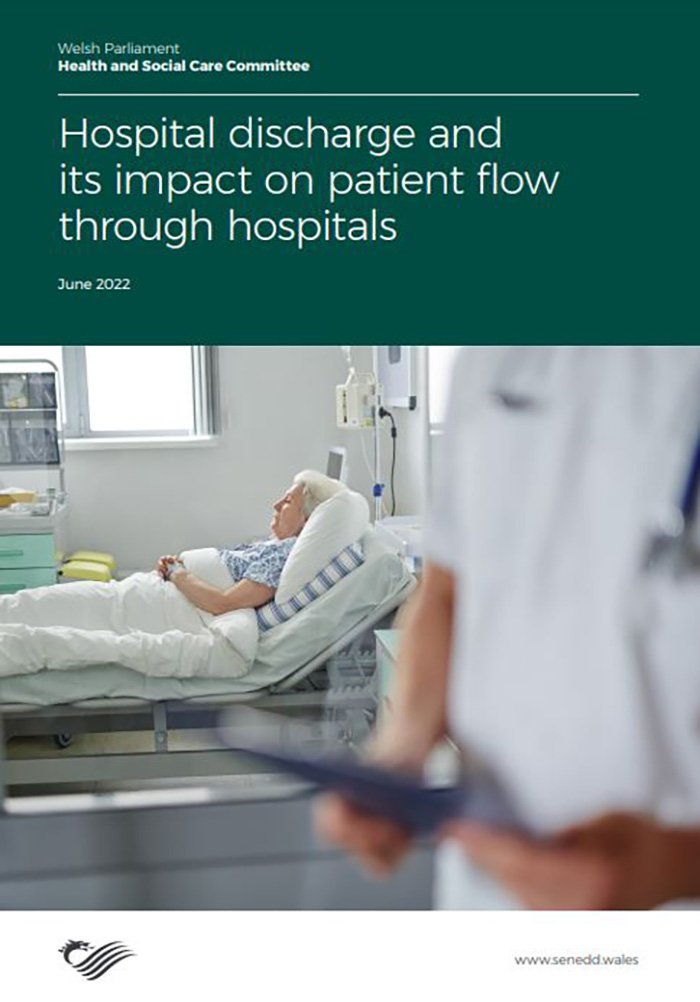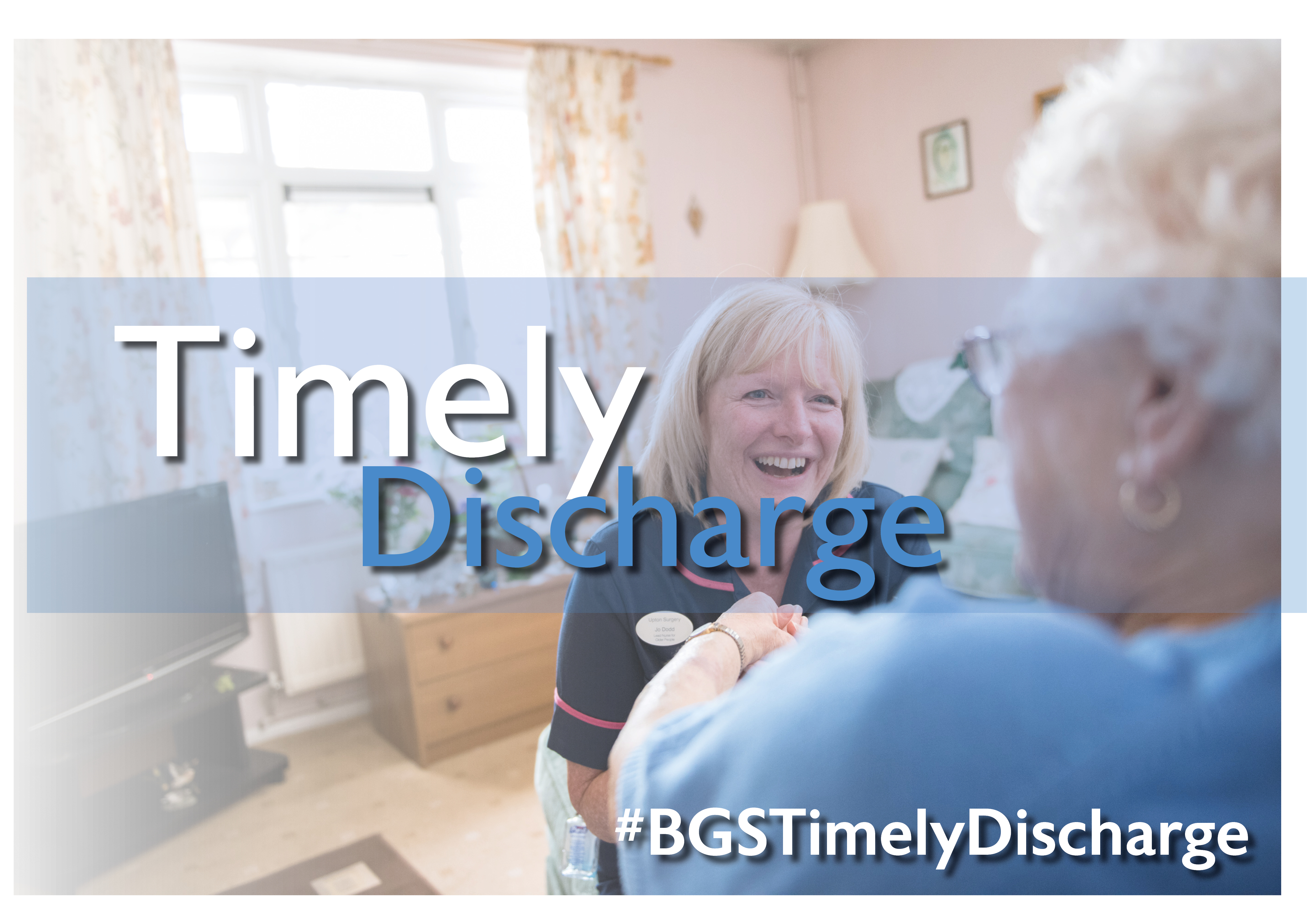The British Geriatrics Society (BGS) welcomes a new report published by the Senedd Health and Social Care Committee, Hospital discharge and its impact on patient flow through hospitals. The report concludes the Committee’s inquiry into this topic to which BGS was pleased to submit both written and oral evidence.
Older people would rather be at home than in hospital. If they have to be admitted, it is important that their hospital stay is no longer than medically necessary. Lengthy hospital admissions lead to poorer outcomes for older people, including increased risk of acquired infections, such as COVID-19, and deconditioning.
In the BGS response to the Health and Social Care Committee's inquiry, we particularly highlighted the importance of social care being available to older people in a timely fashion when they leave hospital, as the absence of such domiciliary or care home support is often the reason for a prolonged hospital stay. We noted the considerable variation in length of stay across Wales. The BGS has long been concerned with issues around delayed discharge from hospital for older people and we sought to highlight this with our Timely Discharge Blog Series last year.
Professor Sam Abraham, Chair of BGS Wales, commented:
We welcome the recommendations of the Senedd Health and Social Care committee on hospital discharge and its impact on patient flow through hospitals. The BGS has long campaigned for improvement in funding to support social care and early supported discharges from hospital for older people. Of late, ‘front door’ pressure for admission to hospitals has meant that people are waiting longer in Emergency Departments in hospitals throughout England and Wales with adverse health outcomes. Timely input from well-trained social care professionals is essential to facilitate early supported discharges from hospitals. We are hopeful that implementation of these recommendations will go a long way to address the ‘back door’ pressures due to delayed discharges from hospitals.”

